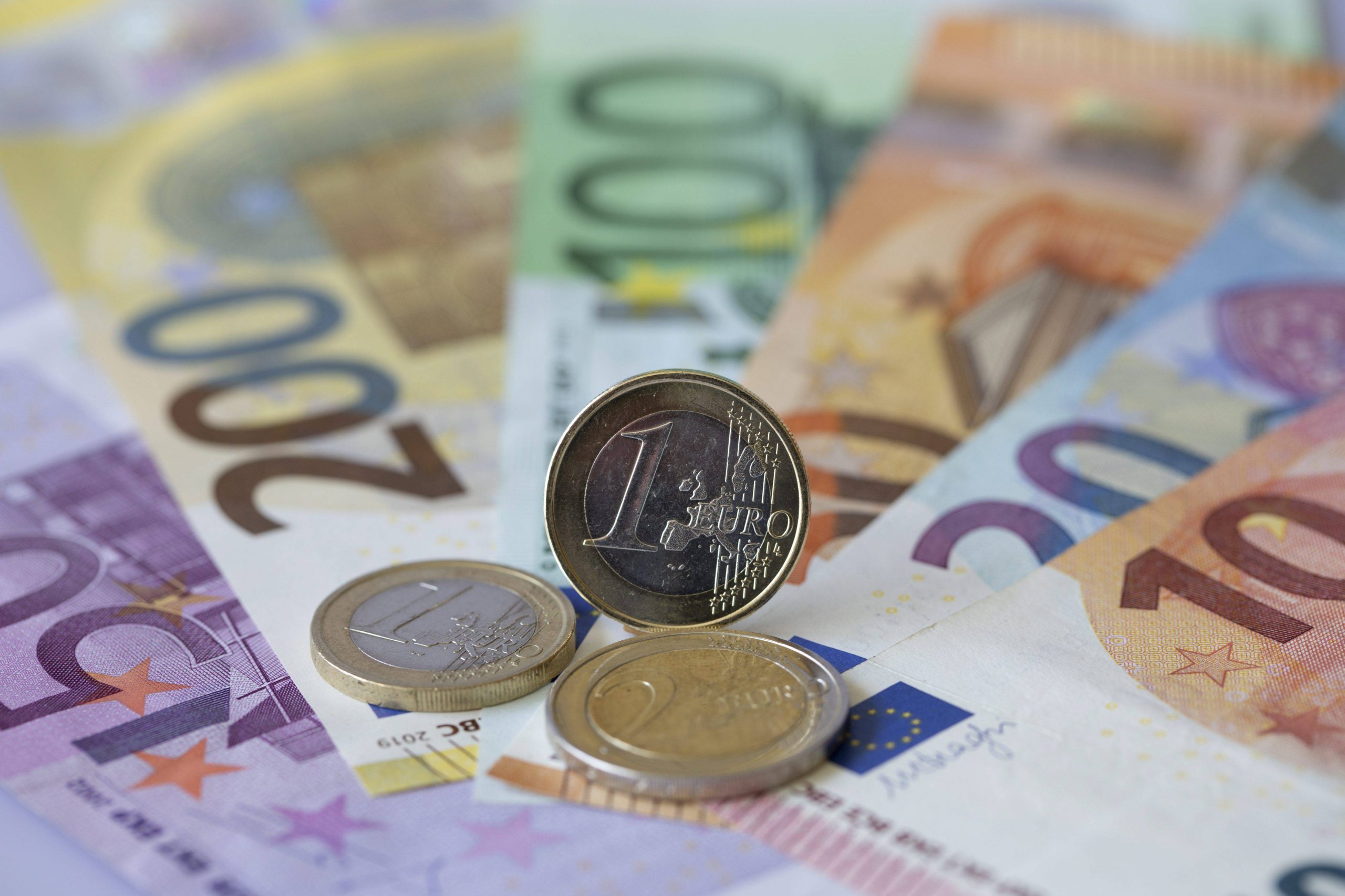SPANISH banks have been putting the concept of a ‘digital euro’ through its paces, and the results suggest it could become a reality sooner than anticipated.
These extensive tests covered a range of scenarios, including face-to-face transactions and online payments.
The goal was to explore the technical, operational, and business implications of introducing a digital euro to Spain alongside existing payment methods.
The implementation of the digital currency is hoping to piggy-back on the already-existing infrastructure of Bizum, Iberpay, and Redsys.
One advantage of this approach would be the smooth integration of the digital euro into existing systems, providing consumers and businesses with a familiar, fast, and secure user experience.
The European Central Bank, having long sought to interconnect faster payment services across Europe, is expected to wrap up its research into the implementation of a digital euro later this month.
A digital euro differs from traditional money in that it would be a purely digital or electronic form of the currency.
It will exist only in electronic form online and will not be not represented by physical banknotes or coins.
Some conspiracy theorists believe that the digital euro is part of a wider, orchestrated program of state control.
They contend that the government could program it to limit purchases, coerce citizens, or introduce a social credit system.
However, the European Central Bank has stated that the digital euro would not be programmable money.
READ MORE:
- Spain’s Indian summer comes to an end: Temperatures to fall this weekend as autumnal weather arrives with showers
- French air traffic control strike causes flight delays across Spain and wider Europe
Click here to read more Business & Finance News from The Olive Press.








